Pentagon isolates soldiers over Ebola fears, nurse freed from NJ quarantine
US CDC seeks voluntary isolation for those at high risk for Ebola
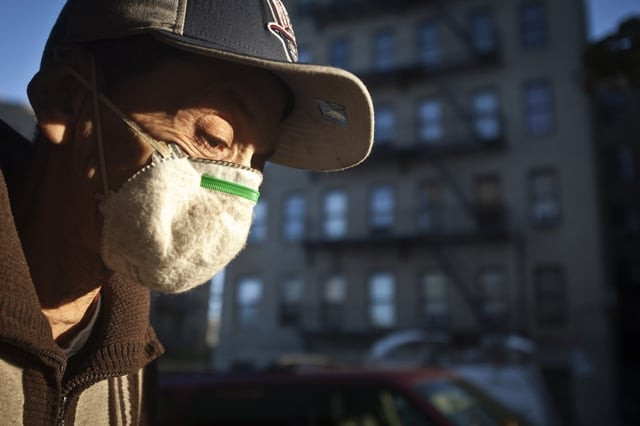
The decision by the Pentagon goes well beyond previously established military protocols and came just as the White House pushed to roll back steps by US states to quarantine healthcare workers returning from the three countries at the center of the Ebola epidemic even if they were asymptomatic.
The US Army has already isolated about a dozen soldiers at part of a US base in Vicenza, Italy, including Major General Darryl Williams, who oversaw the initial response to the Ebola outbreak, the worst on record with nearly 5,000 dead.
Dozens more will be isolated in the coming days as they rotate out of West Africa, where the military has been building infrastructure to help health authorities treat Ebola victims, the Pentagon said.
Colonel Steve Warren, a Pentagon spokesman, said, "There was no single triggering event. This is really a decision that's made out of an abundance of caution."
The White House said the US Centers for Disease Control and Prevention will release additional guidelines later on Monday governing protocols for healthcare workers returning to the United States after treating patients in West Africa.
With thousands already dead from Ebola in Liberia, Sierra Leone and Guinea, concerns are high in the United States and other countries about stopping its spread.
But some state officials, grappling with an unfamiliar public health threat, have called federal restrictions placed on people traveling from Ebola-affected countries insufficient to protect Americans and have imposed tougher measures like automatic quarantines on returning medical workers.
The case of nurse Kaci Hickox, put into quarantine on Friday under a New Jersey policy that exceeded precautions adopted by the US government, underscored the dilemma that federal and state officials are facing.
New Jersey Governor Chris Christie, who has defended his state's policy of automatic quarantine for medical workers returning from treating patients in Liberia, Sierra Leone and Guinea, told reporters he did not reverse the policy in allowing her to be discharged from the hospital and to return to Maine.
"We're very happy that she has been released from the hospital," said Christie, who Hickox had criticised for making comments about her health that she said were untrue while calling her quarantine unjust.
"She hadn't had any symptoms for 24 hours and she tested negative for Ebola so there's no reason to keep her," said Christie, a potential Republican Party 2016 US presidential candidate known for his combative style.
Christie said he sees no reason to talk to Hickox and expressed "goodwill" toward her. "But she needs to understand that the obligation of elected officials is to protect the public health of all the people," Christie said.
Christie said his state was providing transportation for her to Maine, whose health officials "will take over her care and monitoring from there" as she completes a 21-day quarantine at home.
The quarantine matches the incubation period of the virus. Maine Governor Paul LePage said his state will follow CDC guidelines for medical workers who have been in contact with Ebola patients.
Separately, a 5-year-old boy who arrived in the United States from Guinea has recorded a low-grade fever and will be tested for the virus in New York, city officials said.
They said the results will be available later on Monday.
US CDC seeks voluntary isolation for those at high risk for Ebola
The Obama administration on Monday recommended voluntary home quarantine for people at the highest risk for Ebola infection but said most health workers returning from West Africa would simply require daily monitoring without isolation.
Dr Thomas Frieden, director of the US Centers for Disease Control and Prevention (CDC), said high risk individuals would include healthcare workers who suffer a needle stick while caring for an Ebola patient or who tend to a patient without protective gear.
Under new guidelines that spell out four risk categories, most healthcare workers returning from West Africa's Ebola hot zone would be considered at "some risk" for infection, while healthcare workers tending to Ebola patients at US facilities would be seen as "low but non-zero" risk.

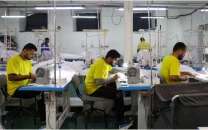
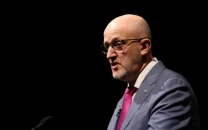


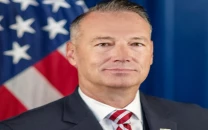
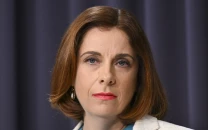












COMMENTS
Comments are moderated and generally will be posted if they are on-topic and not abusive.
For more information, please see our Comments FAQ